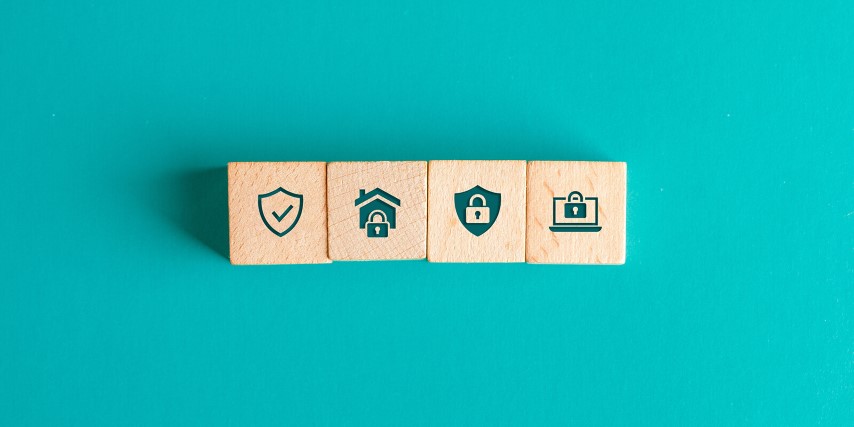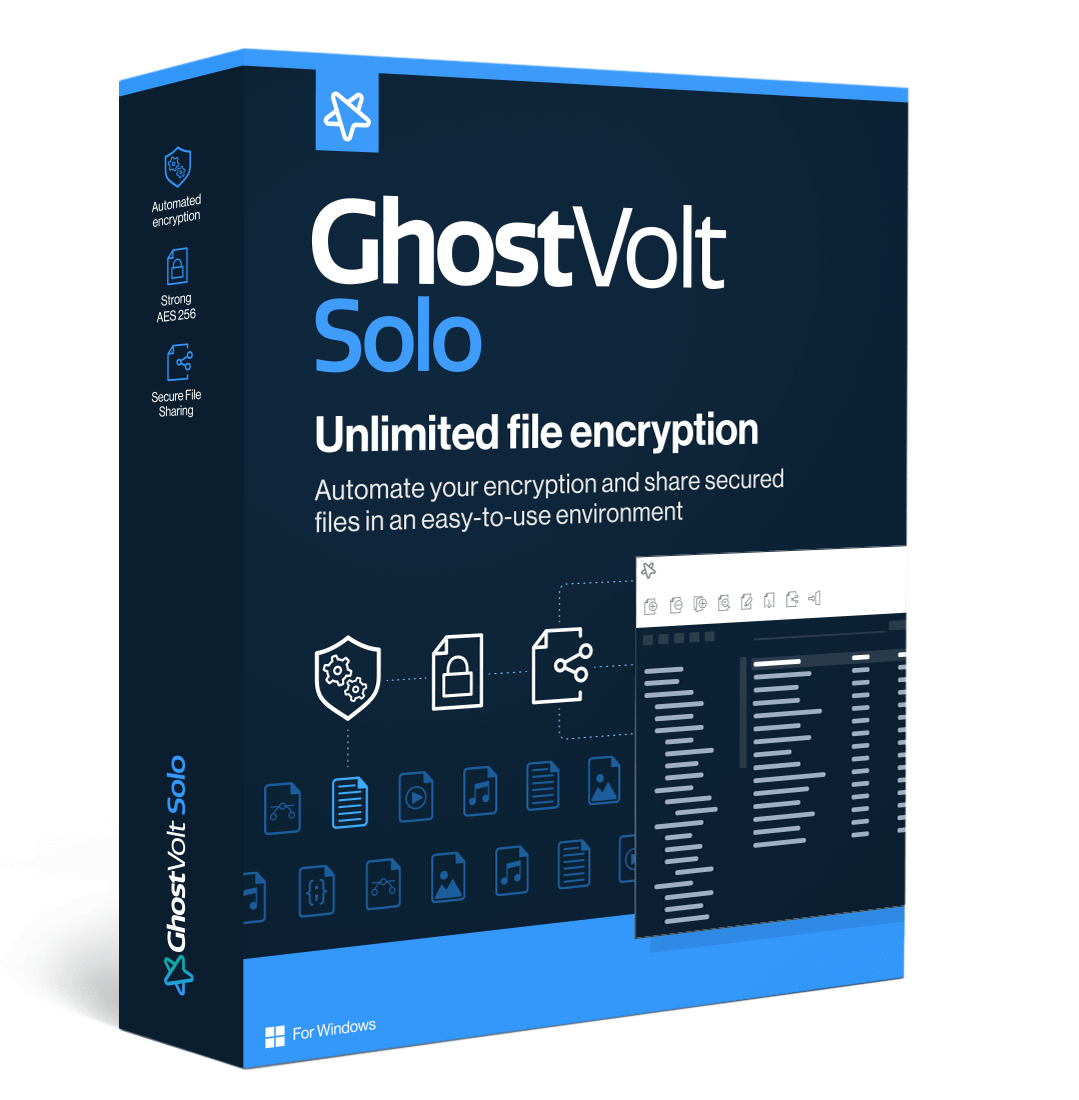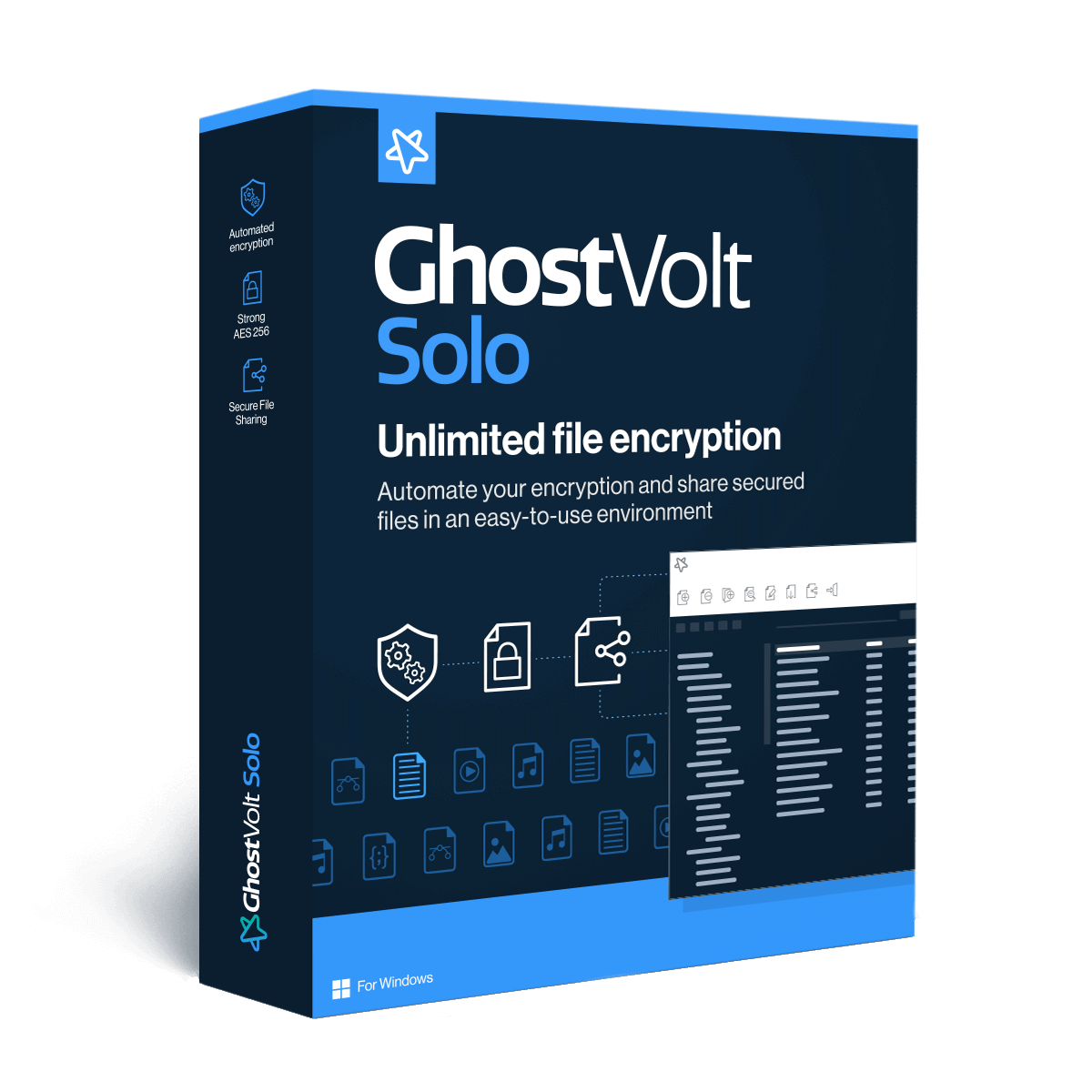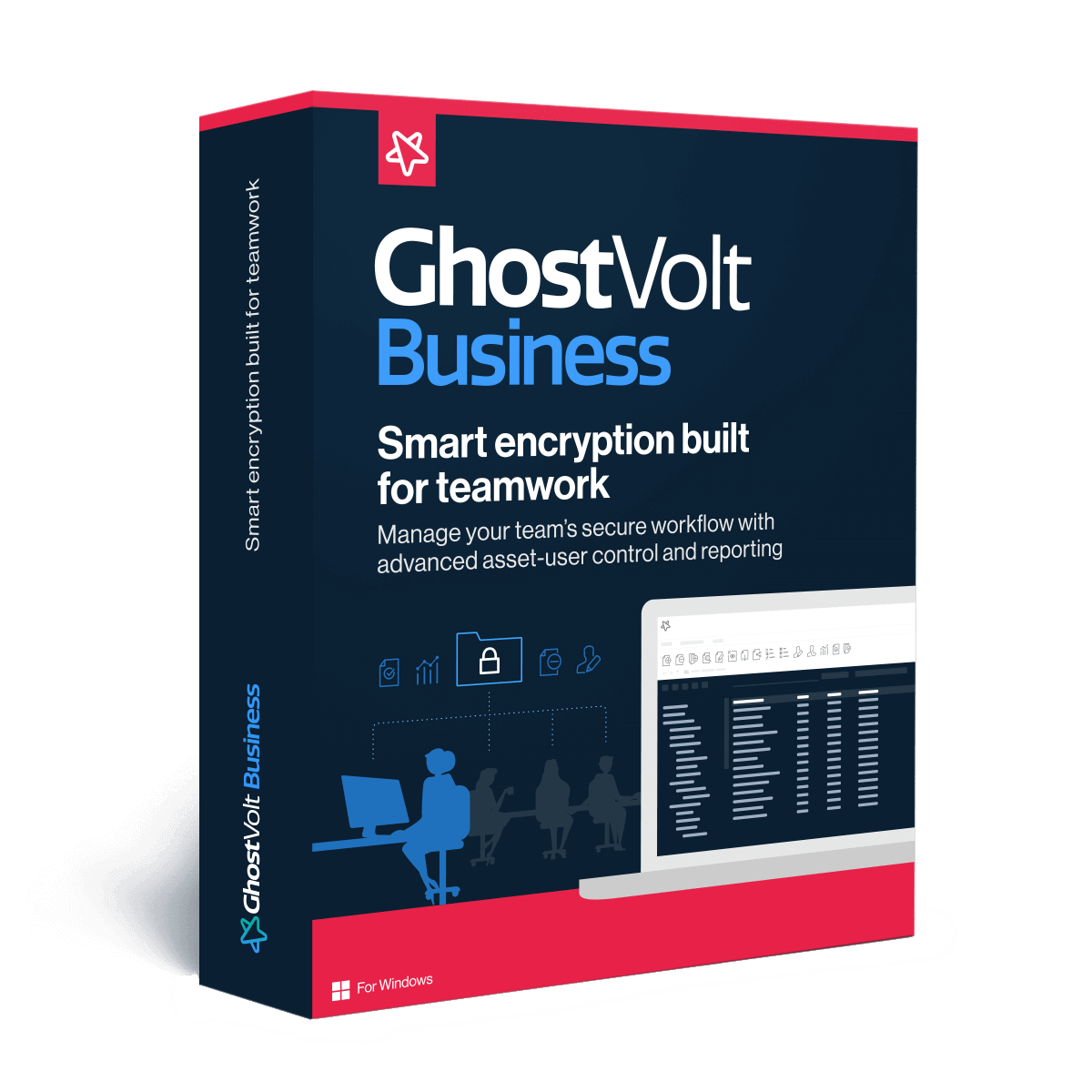Why Do I Need File Encryption?
Learn how to protect yourself against cyber threats and guard your personal data at home.

Many cybersecurity solutions are geared toward businesses. Most individuals don’t need to perform the same investment in cyber and data security as companies do because they have less personal data and it is often less targeted by cybercriminals. However, that isn’t to say that the average person shouldn’t take any steps to protect their personal data. One of the fundamental cybersecurity protections that every person should have is file encryption.
What is File Encryption?
When using the Internet, most people know to use encryption of data in transit. This is the big difference between HTTP and HTTPS traffic (i.e. whether or not the lock icon shows up in the address bar). Using HTTPS helps to ensure that you’re connected to the right website and that no one can eavesdrop on your connection, which may include personal data like credit card information, your Netflix queue, etc.
However, your personal data isn’t only at risk when it’s traveling over the Internet. Despite your best efforts, there is a chance that your computer will be infected with malware that your antivirus doesn’t catch. If this is the case, the malware may start looking for sensitive data on your computer and send it to the cybercriminal running the malware.
This is where file encryption comes in. Instead of just encrypting data in transit, file encryption ensures that data is stored encrypted on your computer. This means that an attacker or malware with access to your computer can’t read your sensitive data unless they also know your password.
Why Do I Need File Encryption?
The most common argument against implementing good cybersecurity practices is “I don’t have any data worth stealing”. However, this statement is incorrect, and cybercriminals commonly target individuals to steal personal data.
When thinking about your personal data, you might focus on credit card and banking information, which is primarily entered into the browser and not stored on the machine. However, a great deal of personal data can be extracted from files that you may store on your computer without thinking twice about them. Some examples of these files include
- Tax Return Documents:
Most tax preparation software provides an option to store a copy of the return on your computer. A full tax return provides an attacker with all of the information that they require to perform identity theft. Similarly, W2s, 1099s, and other common forms can contain sensitive data. - Family Photos:
By default, many cameras and smartphones will embed location information in photos, which is why your computer can tell where and when the photo is taken. A picture of a backyard barbecue can reveal a home address, or a birthday photo reveals someone’s name and date of birth. - Application Forms:
Applications for a loan, rental, etc. often contain sensitive information like a social security number (SSN). This information can be used in identity theft scams. - Travel Plans:
When booking a vacation, you may store a copy of the booking information on a computer. These confirmations can include financial information, information about your travel plans, and provide a would-be burglar with a list of dates when a house will be empty.
Common, everyday files can reveal a great deal of personal information. Protecting these files with encryption when storing them on a computer can help to prevent this data from getting into the hands of cybercriminals.
Simple File Encryption with Ghostvolt
Implementing file encryption does not need to be complex or expensive. Ghostvolt offers a simple, user-friendly solution that enables users to securely store files on their computers and share them with friends and family.
Professional File Encryption for Everyone
GhostVolt Solo
• Enterprise level security
• Secure unlimited files
• Automated encryption
• Secure file sharing
• ... and more

Guest author Howard Poston is a cybersecurity and blockchain security consultant and trainer. You can reach Howard at howard.poston@gmail.com


